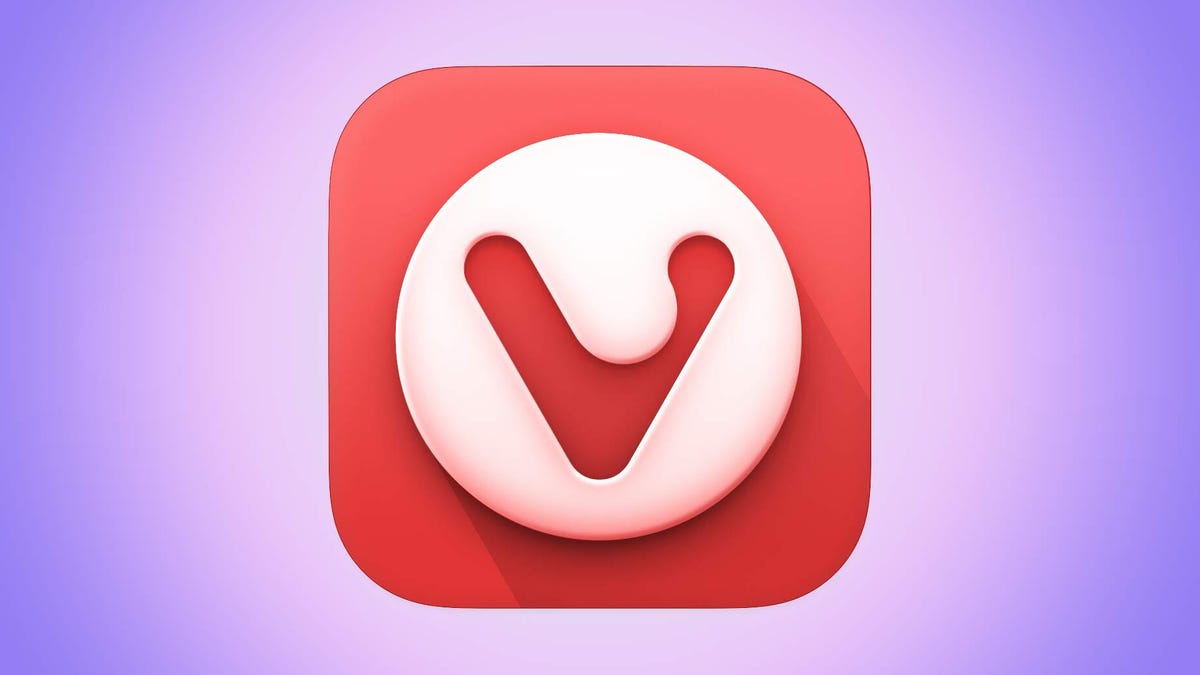Vivaldi browser now runs your email and calendar, too
One way to stick it to big tech.

Vivaldi has never been afraid to add new options, such as mouse gestures, split-screen tab tiling and customizable keyboard shortcuts, to its web browser. On Wednesday, the Norwegian company unveiled two enormous new features: email and calendar apps.
Vivaldi 4.0 sports an email app that lets you read, write and manage email from multiple accounts. It's in beta testing for now.
The latest version of the browser also includes a beta calendar app to manage your schedule and tap into online calendar services.
Chances are good that you rely on Google's Gmail, Apple's Mail or Microsoft's Outlook to handle your email and calendar today. By handling that in its own software now, Vivaldi has become "a real alternative to big tech," the Norwegian company announced in a blog post.
Big tech's power over your online life is one reason many governments are launching investigations and filing antitrust lawsuits. But you can reclaim a little of Big Tech's power by using alternative web browsers, search engines, email providers and website publishing.
Vivaldi's approach is a return to an earlier era of personal computing. In the 1990s, you needed email software on your personal computer unless you were comfortable with Unix text utilities. That led to tools like Eudora, an email client, and Netscape Navigator, the browser that also handled your email. Those products are now extinct and many of us are content with the web-based interfaces of Gmail and Outlook.com, or the mail app built into our phones.
Vivaldi thinks power users will welcome the features built into its mail app. Those include the ability to consolidate activity from multiple email accounts into one unified inbox; smarts to detect categories like mailing lists and sort email accordingly; a tabbed interface designed to better accommodate several tasks in parallel; and a local mail database that's searchable even when you're offline.
Vivaldi boils down its settings into three configuration options during installation. Mail and calendar tools are in the "Fully Loaded" setup.
The mail feature is arriving later than the company hoped. Vivaldi initially planned to ship email support in 2016 and with Vivaldi 2.0. The software will graduate from beta status "when it's ready," Vivaldi Chief Executive Jon von Tetzchner said in an interview.
"We hope it is not going to take too long, as we have already spent a lot of time getting this far, but we will gather feedback from the beta to find out the most important things to fix," von Tetzchner said. The company also hopes to add email to its mobile app, he added.
In addition to the mail and calendar abilities, Vivaldi 4.0 also adds:
- A website translation tool based on technology from AI-boosted translation company Lingvanex.
- A feed reader to check RSS feeds from bloggers, news sites and others publishing updates online. The technology still has a base of loyalists despite the cancelation of Google Reader in 2013.
- An option to set Vivaldi's user interface in three modes: minimalist Essentials, detailed Classic and elaborate Fully Loaded.
In recent months, Vivaldi also has added anti-tracking technology for better privacy, an ad blocking option, some speed boosts and a built-in tool to block dialog boxes about accepting cookies.

